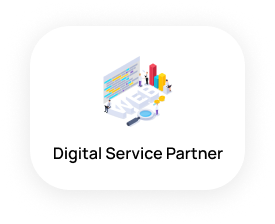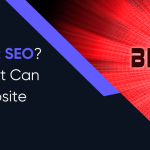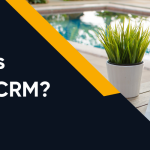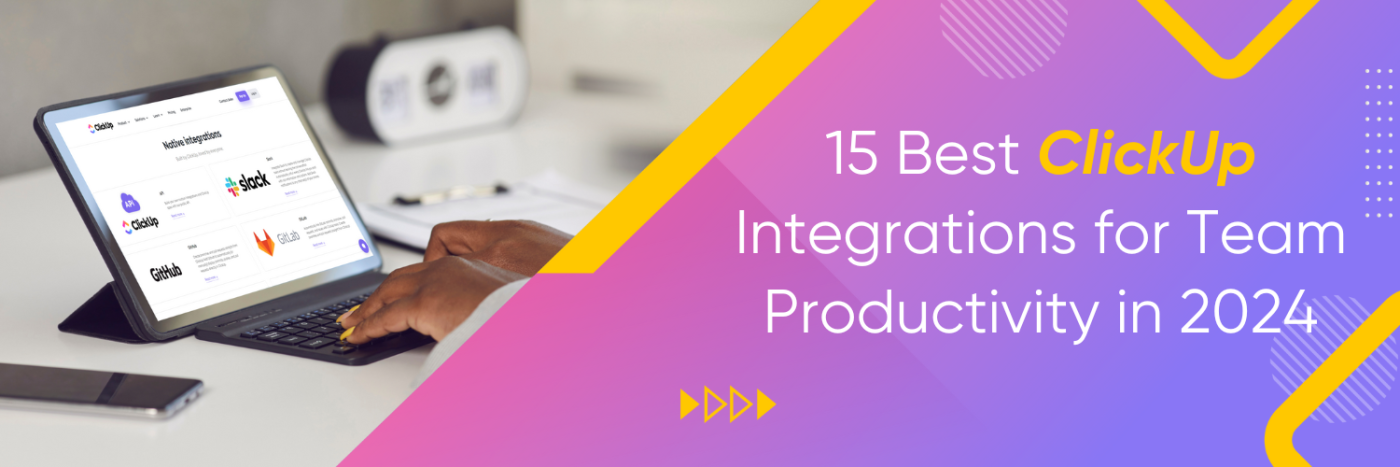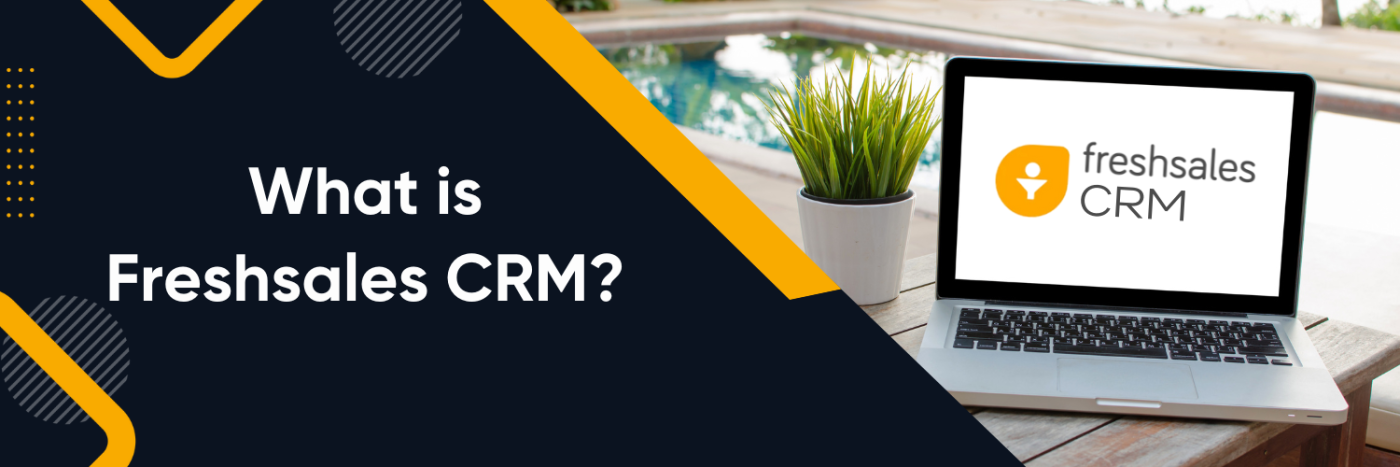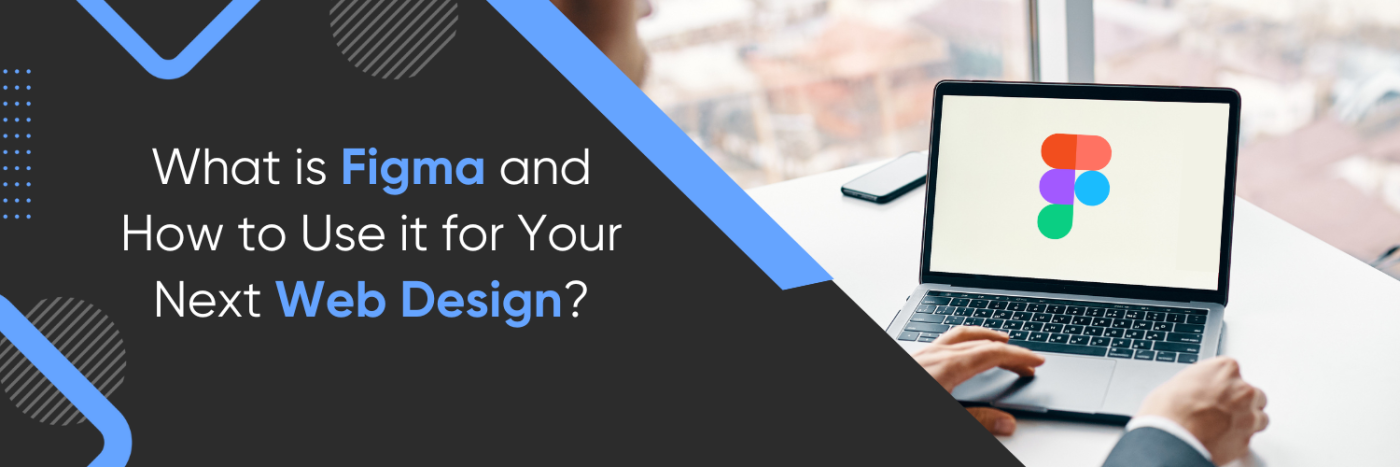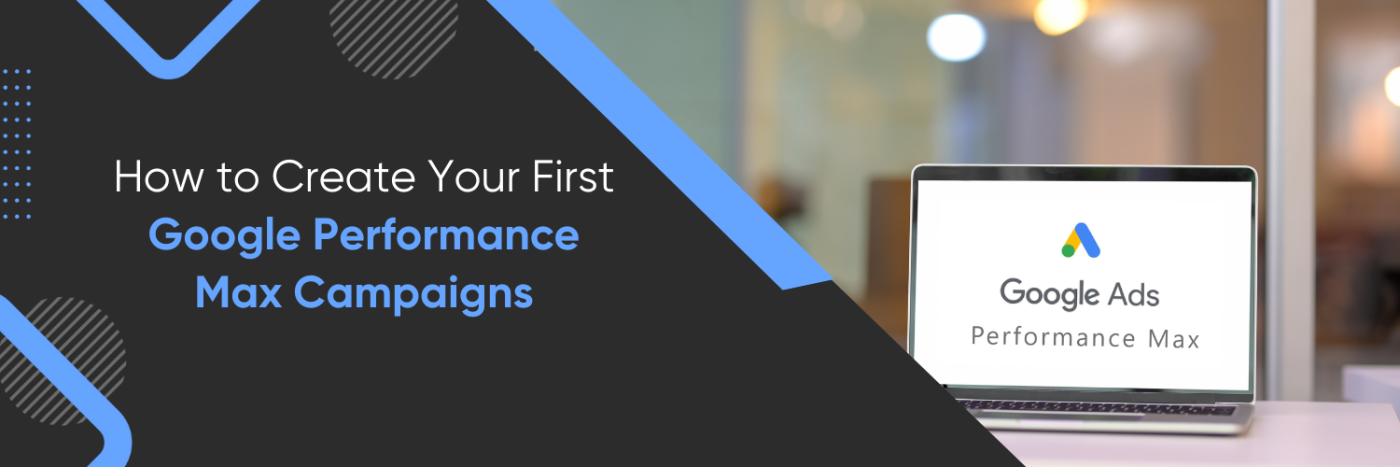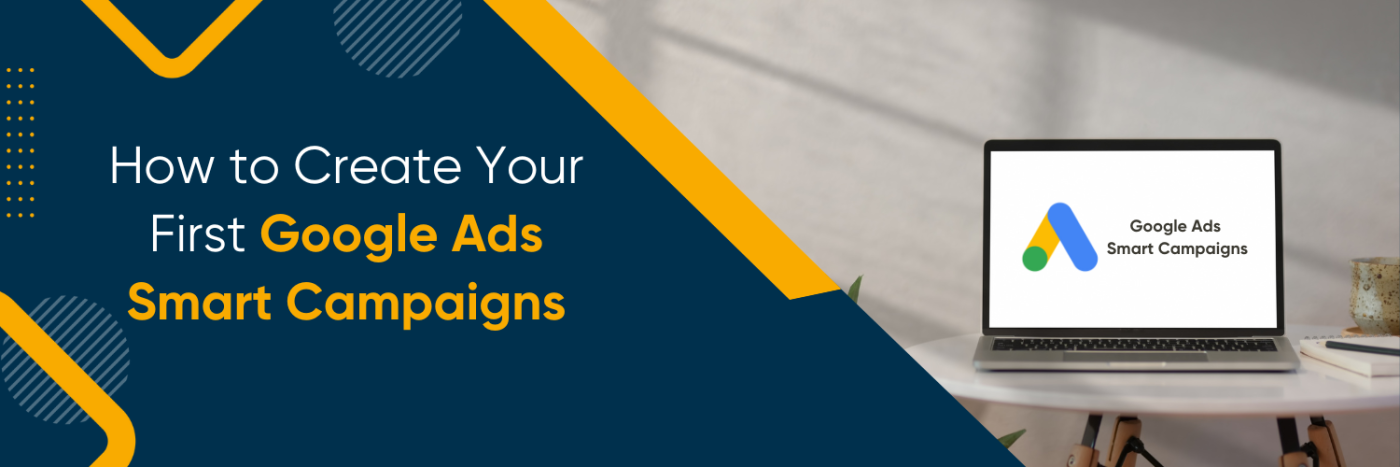What Is A Sales Qualified Lead (SQL)?
A Sales Qualified Lead (SQL) is a prospective customer vetted by a sales team as having high purchase intent, budget, and authority for a product or service.
The process of qualifying a lead involves determining whether the lead is a good fit for the product or service being sold. This is done by evaluating factors such as budget, authority, and need.
Once a lead has been determined to be a good fit, the sales team will then work to close the sale.

Practices When Qualifying A Lead
There are a few best practices to keep in mind when qualifying a lead:
- Make sure that you have a clear definition of what a qualified lead is for your team. This will ensure that everyone is on the same page and that leads are being properly evaluated.
- Take your time in the qualification process. Rushing through it can lead to mistakes being made and good leads being passed over.
- Have a solid system in place for tracking and managing leads. This will help you to keep track of where leads are in the qualification process and will allow you to follow up with them in a timely manner.
What Are The Components Of A Sales Qualified Lead?
A Sales Qualified Lead (SQL) is a prospective customer that has been determined to be a good fit for a company’s products or services. The criteria for an SQL can vary depending on the company but generally includes factors such as budget, authority, need, and timeline.
Qualifying a lead typically involves a series of steps that begins with generating interest and moving through the process of nurturing the lead until they are sales-ready. Once a lead is determined to be SQL, they are then handed off to the sales team to continue the process of closing the deal.
Best practices for generating and qualifying leads include using lead scoring, lead nurturing, and lead conversion processes. These practices help to ensure that only the most qualified leads are passed on to the sales team, which helps to increase close rates and reduce the amount of time spent on unqualified leads.
What Is The Process Of A Sales Qualified Lead (SQL)?
The process of a Sales Qualified Lead (SQL) is as follows:
- A lead is generated from various marketing sources such as online campaigns, tradeshows, or inbound phone calls.
- The lead is then qualified by a sales representative based on certain criteria such as budget, authority, and need.
- If the lead meets the criteria, it is then passed on to the sales team for further nurturing and eventually converted into a paying customer.
- If the lead does not meet the criteria, it is then passed on to the marketing team for further nurturing until it becomes a Sales Qualified Lead.

Why Do Sales Qualified Leads Matter?
You can buy a thousand leads, but if they are not qualified leads, you have wasted your money. The difference between a qualified lead and an unqualified lead is the ability to close them into a deal. Let’s look at the sales process in more detail. Qualified leads are those who have expressed interest in what you are selling but haven’t yet decided to make a purchase. Unqualified leads are those who have expressed interest in what you are selling but haven’t yet decided to make a purchase.
If you’re a sales professional, then you know that qualified leads are the lifeblood of your business. If you want to increase the quality and quantity of your leads, then it’s essential that you have an effective system in place to capture and nurture them. But why should you care about qualified leads? The key reason is that they represent an opportunity to convert into sales. Qualified leads are not just an indicator of how many people you reach but also an indication of how well you are converting them.
How To Learn Customer Pain Points
Asking customers how they feel about their experience with your product is a great way to learn their pain points. You can do this through surveys, interviews, or even just casual conversations. Once you know what their pain points are, you can work on addressing them. This will not only improve customer satisfaction but can also lead to more sales.
Qualified Leads Criteria
Sales qualified leads are hot leads that have been vetted by the sales team and are determined to be ready to buy. The process of qualifying a lead can vary from company to company but typically includes some combination of the following criteria:
- Fit: Does the lead fit the buyer profile for the product or service?
- Budget: Does the lead have the budget to purchase the product or service?
- Authority: Does the lead have the authority to make a purchasing decision?
- Need: Does the lead have a need for the product or service?
- Timeline: Is the lead ready to purchase now, or do they need to be nurtured over time?
If a lead meets all of the criteria for a sales qualified lead, they are then passed on to the sales team to be contacted and further cultivated.

How To Attract More Prospects?
Sales qualified leads are hot prospects that have been vetted by your sales team and are determined to be a good fit for your products or services.
The best way to attract more sales-qualified leads is to create targeted content that speaks to their specific needs and pain points. This content can be in the form of blog posts, e-books, webinars, or even just helpful social media posts. Once you have their attention, you can then direct them to a landing page where they can sign up for more information or a free trial.
MQL vs SQL: What’s The Difference?
If you’re in marketing, you’ve probably heard of “MQLs” and “SQLs.” But what’s the difference between the two, and why should you care?
MQLs (Marketing Qualified Leads) are leads that have been through your marketing funnel and have engaged with your brand in a meaningful way. They’re interested in what you have to offer and are more likely to convert into customers.
SQLs (Sales Qualified Leads) are leads that have been vetted by your sales team and are ready to be contacted by a sales rep. They’re further along in the buyer’s journey and more likely to convert into customers than MQLs.
So, which is better? MQLs or SQLs?
The answer is both! By definition, MQLs are more likely to convert into customers than SQLs, but SQLs are further along in the buyer’s journey. That means they’re more likely to actually make a purchase.
So, if your goal is to increase conversions, you should focus on generating more MQLs. But if your goal is to increase sales, you should focus on generating more SQLs.
Why Are MQLs and SQLs Important?
MQLs and SQLs are important because they help identify potential customers who are interested in your product or service. By definition, an SQL is a lead that has been determined to be a good fit for your product or service and is ready to be contacted by a sales representative.
The main difference between an MQL and an SQL is that an SQL has been determined to be a good fit for your product or service and is ready to be contacted by a sales representative. MQLs, on the other hand, are leads that may be a good fit for your product or service but have not yet been contacted by a sales representative.
Both MQLs and SQLs are important because they help you identify potential customers who are interested in your product or service. However, SQLs are more valuable because they are further along in the sales process and are more likely to result in a sale.
How Do We Compare Qualified and Unqualified Leads?
Unqualified Leads
Unqualified leads are simply not a good match for your product or service. They might not be in your target market, or they might not be ready to buy.
There are a few ways to identify unqualified leads:
- Look at their budget. If they can’t afford your product or service, they’re not a good match.
- Look at their authority. If they’re not the decision maker, they’re not a good match.
- Look at their timeline. If they’re not ready to buy now, they’re not a good match.
If you’ve identified an unqualified lead, the best thing to do is to move on. There’s no point in trying to sell to someone who’s not a good match.
Qualified Leads
A qualified lead is a prospective customer who has been vetted and determined to have a high likelihood of becoming a paying customer. The qualification process is designed to weed out tire-kickers and time-wasters so that sales reps can focus their efforts on prospects who are actually interested in buying.
There are a number of factors that go into determining whether or not a lead is qualified, but some of the most important criteria include:
- Budget: Does the prospect have the budget to actually make a purchase?
- Authority: Is the prospect the decision-maker for their organisation?
- Need: Does the prospect have a need for the product or service being offered?
- Timeline: Is the prospect ready to buy now, or do they need to be nurtured over time?
If a lead meets all of these criteria, it can be considered a qualified lead. However, even qualified leads may not always be ready to buy, which is why it’s important to continue to nurture them even after they’ve been qualified.
How Exactly Do You Qualify Leads In Sales?
Budget
Budget is always a key consideration when making a purchase, especially when it comes to big-ticket items. You want to be sure that you’re getting the most bang for your buck, and that you’re not overspending on something that you’ll regret later.
When it comes to qualifying leads in sales, budget is an important factor to consider. You don’t want to waste your time pursuing a lead that can’t afford your product or service. At the same time, you don’t want to lowball your price and miss out on a potential sale.
The best way to approach the budget when qualifying leads is to ask questions. Find out what their budget is for this project and what their timeline is. If they’re working with a limited budget, you may be able to offer a discount or a payment plan. If they’re on a tight timeline, you may be able to offer an expedited shipping or delivery option.
Asking questions about the budget will help you to quickly and easily qualify leads so that you can focus your time and energy on the ones that are most likely to result in a sale.
Authority
You can use a number of methods to qualify leads in sales, but the most important factor is always going to be authority. That is, you need to be sure that the person you’re talking to has the power to make decisions and sign off on deals. There are a few ways to establish this:
- Look for job titles that indicate decision-making power, such as “manager” or “director.”
- Ask about the budget for the project they’re working on. If they’re working with a large budget, they’re more likely to have authority.
- Find out who their boss is and talk to them. This will give you a direct line to the decision-maker.
Remember, the goal is always to talk to the person who has the authority to make decisions. If you can do that, you’ll be much more likely to close the deal.
Need
If you’re in sales, you know that one of the most important things you can do is qualify your leads. But what exactly does that mean?
Basically, it would help if you determined whether or not a lead is worth pursuing. There are a few key factors you’ll want to consider, such as budget, timeline, product or services.
You can usually get this information by having a conversation with the lead. Once you have all the information you need, you can make a decision about whether or not to pursue them.
Time
When you’re trying to qualify a lead, one of the most important things to consider is how much time they’re willing to commit. If they’re only interested in a quick chat, it’s probably not worth your time to pursue them. However, if they’re interested in a longer conversation or meeting, they’re more likely to be worth your time.
All of these factors will help you to determine whether or not a lead is worth your time. Learn more about lead generation and the sales process with UDS.

Why Defining SQL Must Be A Team Effort
Sales qualified leads (SQLs) are hot leads that have been vetted by sales and marketing and are ready to be handed off to sales.
The process of qualifying a lead can be long and involved, and it’s important that both sales and marketing are on the same page when it comes to defining what SQL is. Otherwise, leads can fall through the cracks, and opportunities can be missed.
The best way to ensure that everyone is on the same page is to define SQLs as a team. This way, both sales and marketing can provide input and come to a consensus on what qualifies as SQL.
If you want to know more about strategising your sales marketing and campaign, we recommend you reach out to Ubique Digital Solutions. UDS is an all-in-one marketing solutions agency that helps you in creating strategies to find the right qualified leads for your business funnel. Reach out to UDS now.
FAQs
Q: What is the difference between lead and sales qualified lead?
A lead is a potential customer, while a Sales Qualified Lead (SQL) is a lead vetted by the sales team as likely to make a purchase.
Q: How do you identify qualified leads?
Qualified leads are identified based on criteria like interest, budget, and authority, assessed by the sales team through interactions.
Q: Is a sales qualified lead an opportunity?
Yes, a Sales Qualified Lead (SQL) is an opportunity as it indicates a potential customer ready for the sales team to pursue and close a deal.


